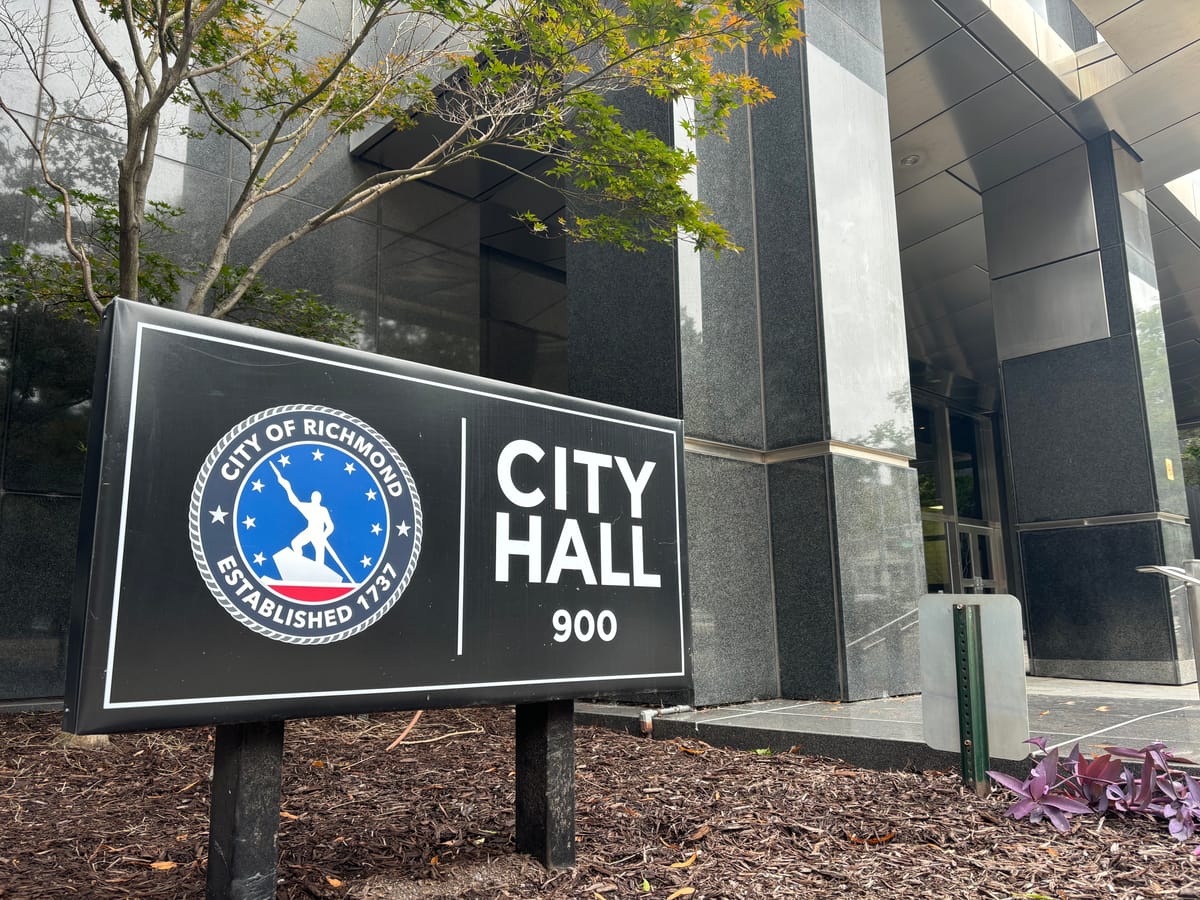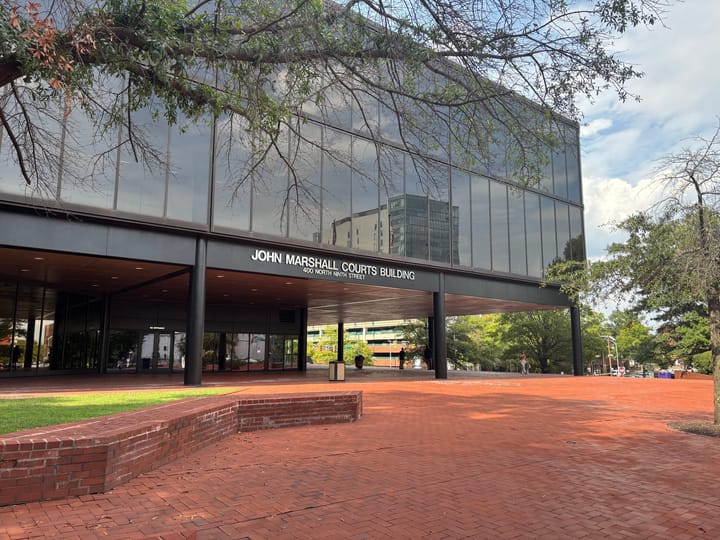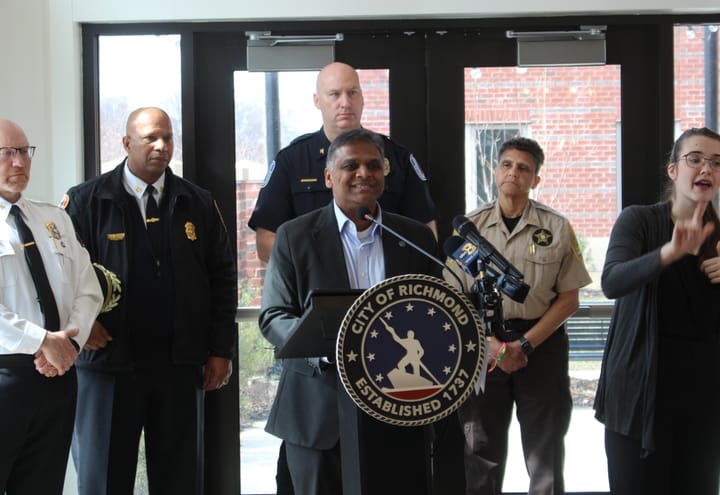
Amid sharp criticism, emergency operations chief says city is shoring up its crisis response
Richmond’s head of emergency operations promised members of City Council Tuesday that major changes are being made to build up the city’s capacity to deal with emergency situations like the January failure of the water plant.
Those efforts include major updates to Richmond’s official Emergency Operations Plan, the complete overhaul of plans for how the city government can continue offering essential services during a crisis and the development of other plans for everything from how information will be communicated during an emergency to how response costs will be tracked.
“I’m going to be very blunt with you,” Richmond Department of Emergency Communications, Preparedness and Response Director Stephen Willoughby told Council’s Public Safety Committee. Prior to the Jan. 6 water crisis, “many of our plans were nonexistent, or many of our plans had deficiencies.”
“We’re going to fix that,” he promised. “The direction I’ve had from the mayor is: ‘Find it, fix it.’”
But several members of City Council appeared unimpressed by the director’s presentation, with both Councilor Sarah Abubaker (4th District) and Reva Trammell (8th District) criticizing Willoughby sharply Tuesday.
“You failed us. You failed us council members and the citizens of Richmond,” said Trammell. “I'd like you to come back in September to give us another update, because I'm going to have some more questions for you.”
A recent report from Hagerty Consulting, which was commissioned by the city at a cost of approximately $400,000, identified a range of shortfalls in how Richmond handled responded to the Jan. 6 crisis outside of its efforts at the water plant, as well as some areas where the consultants concluded the city had done a good job.
The report also included a long list of recommendations for steps the city should take and projected timelines for when they should be completed.
“I want to be clear that we have accepted all of Hagerty’s recommendations, and we plan on implementing them all. There are timelines in Hagerty’s report that we aim to achieve,” said Willoughby, who pledged to provide regular updates on Richmond’s progress toward those goals on the city website and to City Council.
Among the steps the city has already taken is the rollout of a new public emergency notification system, Richmond Ready. At the time of the plant failure, Richmond was using a system called CodeRed that officials struggled to use to push out notifications of the boil water advisory and other critical information to the public. At the time, the city was about a month away from the planned rollout of Richmond Ready.
“It failed us,” said Willoughby. Ultimately, he said, the city was only able to send messages through CodeRed to people who had subscribed to the alerts.
Richmond Ready is also subscriber based, with nearly 8,000 people signed up to receive alerts about emergency events like severe weather or utility outages. However, Willoughby said the new system is able to send out mass messages known as wireless emergency alerts, or WEAs, as long as the situation meets certain requirements.
“There are some limitations in what we can use that for that are dictated to us by the feds,” he said.
Abubaker, however, argued that “technology is only as good as the people, the processes that surround it.”
“I would implore you to task yourself and your team at building a culture where you actually stop going from bright, shiny objects and expensive things and start actually doing the hard work. … We're clearly failing on a lot of fronts with this,” she said. “We have to be more proactive in holding you and your team and ourselves accountable to making this better.”
The Richmonder is powered by your donations. For just $9.99 a month, you can join the 1,000+ donors who are keeping quality local journalism alive in Richmond.
While Willoughby said he agreed, he noted that Richmond’s Office of Emergency Management has only recently grown from two to five people.
“My hope was that we would have made the investments earlier and got things in place prior to January,” he said. “But previously, emergency preparedness was important, but it was not always a priority.”
Contact Reporter Sarah Vogelsong at svogelsong@richmonder.org






